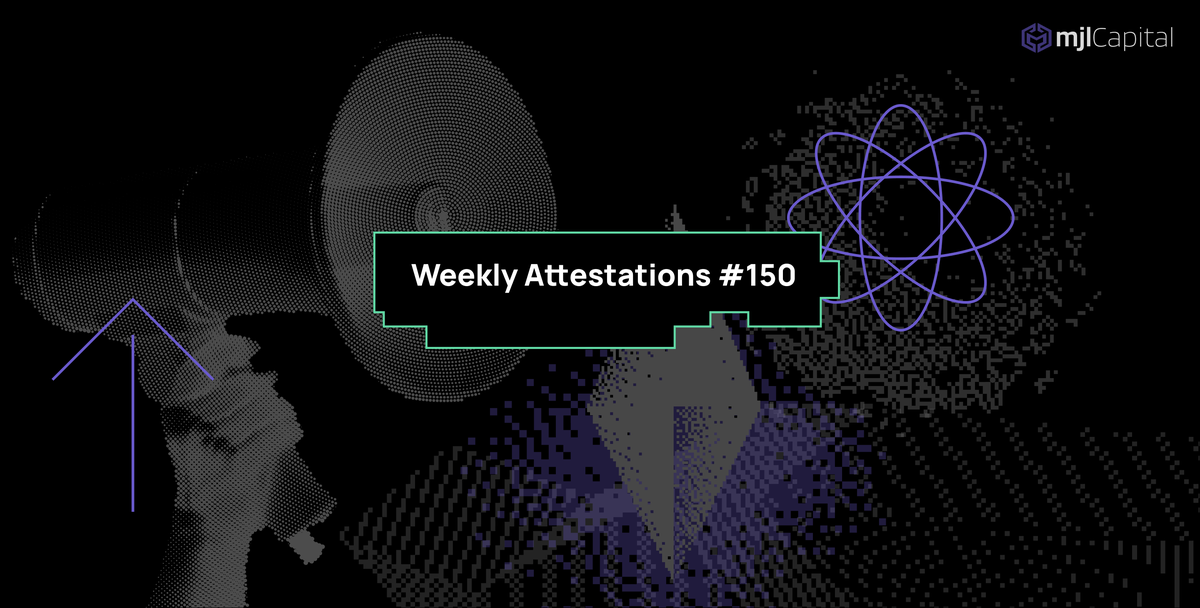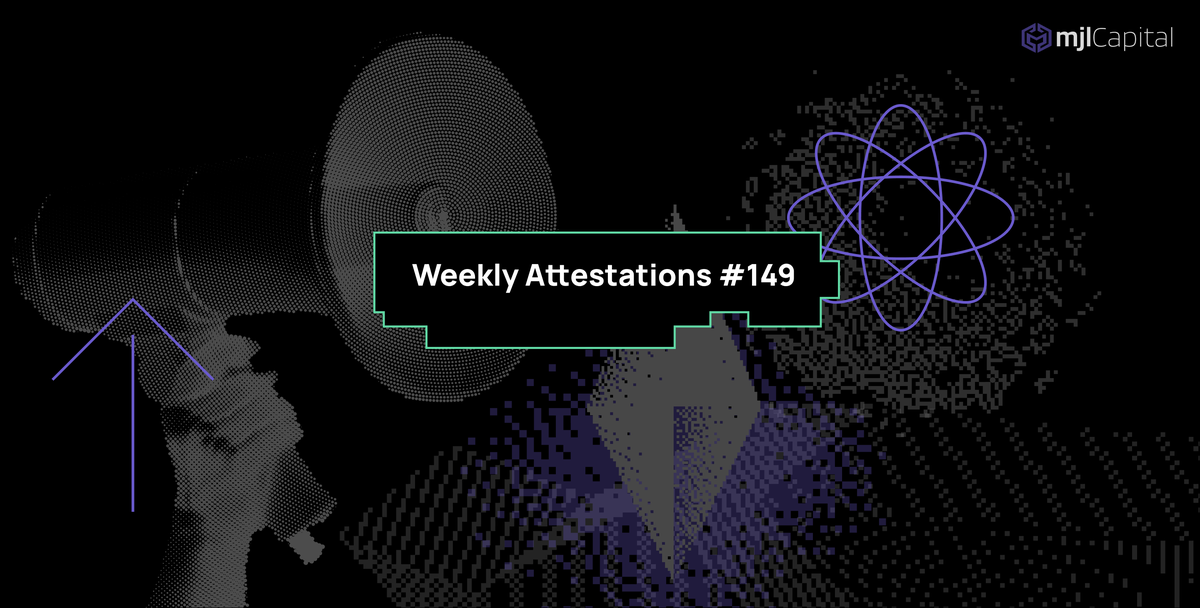Top Stories
Arbitrum Community Backs $250M ARB Incentive Plan for Web3 Game Development
The Arbitrum community has supported a proposal to allocate 200 million ARB ($250 million) to attract Web3 game developers. The Gaming Catalyst Program (GCP) aims to enhance the development of Web3 games on Arbitrum, an Ethereum Layer 2 solution. Community members have rallied 35 million ARB in favor of the proposal, which requires at least 105.57 million ARB votes to reach quorum. Voting began on May 24 and ends on June 7. The GCP plans to use 160 million ARB for "onboarding and growth" by attracting publishers, studios, and developers. This includes a "Build Grants" program, offering up to 500,000 ARB for early-stage projects. An additional 40 million ARB will be used for infrastructure and tooling development, with $25 million set aside for legal, marketing, and team salaries. Despite its success in decentralized finance, Arbitrum aims to catch up with competitors like Solana and Cardano in the GameFi sector. The GCP council, comprising professionals from gaming and Web3, will oversee the incentives program.
Crypto Startup Funding Surges to $2.4 Billion in Q1 2024
Crypto startup funding reached $2.4 billion in the first quarter of 2024, marking a 40% increase from the previous quarter, according to a PitchBook report. Analysts attribute this growth to a resurgence of positive investor sentiment in the crypto market, predicting continued investment momentum throughout the year, barring any major downturns. Notable deals include Farcaster, a Web3 social media platform, which secured $150 million in a Series A round led by Paradigm, with participation from a16z crypto, Haun Ventures, Variant, and Standard Crypto. Farcaster, known for its social network Warpcast, has experienced a significant rise in activity since going permissionless in October, boasting 350,000 paid sign-ups. EVM layer-2 Plume also announced a $10 million seed funding round led by Haun Ventures, with Galaxy Ventures, Superscrypt, and Portal Ventures also participating. Plume aims to bring real-world assets (RWAs) on-chain, supporting over 80 RWA and DeFi projects on its private testnet. CEO Chris Yin emphasized Plume's crypto-first, permissionless approach, offering compliance tooling for seamless tokenization.
Solana To Ditch Token Burning and Divert 100% Of Priority Fees To Validators
Solana validators are set for increased earnings following the approval of governance proposal SIMD-0096, which reallocates 100% of priority fees to validators and eliminates the token burning mechanism. Approved by 77% of voters on May 27, this change aims to enhance network efficiency by addressing concerns that the previous system encouraged side deals between users and block producers. Currently, priority fees are divided equally between validators and token burning, intended to control SOL inflation. However, critics worry that removing the burn mechanism could lead to excessive inflation. Solana co-founder Anatoly Yakovenko is in support of the change, arguing that the current system's inefficiencies force users to overpay. Despite experiencing significant network congestion and outages, Solana is able to achieve high transaction throughput, boasting a peak daily average of 1,504 transactions per second. The implementation of SIMD-0096 will take several months. More Solana? PayPal Expands its stable to the protocol.

Source: Dune
AI Projects Ocean Protocol, Fetch AI, and SingularityNET Set to Merge
Web3-based AI projects Ocean Protocol, Fetch AI, and SingularityNET, known collectively as the "Artificial Superintelligence Alliance" (ASI), will merge starting June 11. Fetch's native FET token will be renamed to ASI, with a one-to-one conversion. SingularityNET's AGIX and Ocean Protocol's OCEAN will convert to ASI on June 13 at 0.433 ASI per token. The three projects, which span over 200,000 tokenholders, aim to create a decentralized alternative to Big Tech's AI dominance. This merger, initiated on March 27 and approved by each community in April, seeks to leverage blockchain for ethical AI development. Ben Goertzel, CEO of ASI Alliance, and Humayun Sheikh, founder of Fetch AI, emphasized the goal of transparent and decentralized AI. Despite initial rallies, the projects' tokens have seen significant pullbacks since the announcement.
Celebrity Memecoins Bring Polarized Opinions as Notable Figures Join Crypto Craze
A wave of celebrity-led memecoin launches on Solana, including by Caitlyn Jenner and Iggy Azalea, has sparked debate over potential market signals. Amid the frenzy, figures like Antonio Brown and Soulja Boy, known for past crypto promotions, have rejoined the scene. Past cycles leading to celebrity-driven performance has raised skepticism. Despite skepticism, some tokens perform well, like Iggy Azalea's MOTHER reaching a $30 million market cap. However, Caitlyn Jenner's JENNER has faced a 65% drop after she shifted to Ethereum. Some view these launches as adoption efforts, while others see them as celebrity-driven extraction.
Gnosis Pay and Visa Forge Partnership to Enable Web3 Payments with Self-Custodial Visa Debit Card
Gnosis Pay announced a collaboration with Visa to introduce a self-custodial Visa Debit Card. The card, linked to a Safe smart account, empowers crypto users to utilize an on-chain spending account at Visa-accepting merchants worldwide. Visa's embrace of the cryptocurrency industry includes previous initiatives like automatic payments from self-custodial wallets and partnerships with blockchain platforms like StarkNet and Solana. Early adopters of the Gnosis Pay card gain exclusive benefits, including zero fees and entry into an "OG NFT" whitelist for unique rewards and experiences. Initially available in 32 European countries and denominated in Euros, plans for expansion to other regions, including the U.S. and Brazil, are in progress.
Regulation
U.S. Treasury Department Calls for Action Against Unregulated Stablecoins and Crypto Mixers
The U.S. Treasury Department, represented by Undersecretary Brian Nelson, is warning of the national security risks posed by unregulated stablecoins, citing their use by criminal entities including North Korean cybercriminals and terrorist groups. Nelson highlighted concerns about jurisdictional arbitrage and proposed measures to prevent engagement with virtual asset service providers (VASPs) lacking AML/CFT compliance. The Department is advocating for subjecting U.S.-backed stablecoins to OFAC sanctions and intensifying enforcement against crypto mixers used for illicit activities. Nelson also emphasized the distinction between privacy-enhancing services and those facilitating illicit finance, aiming for collaboration with the industry to enhance privacy while ensuring compliance with U.S. law.
Bitcoin Spot ETFs Now Control Over 1 Million BTC
As of May 24, 2024, Bitcoin exchange-traded funds (ETFs) collectively held over 1 million BTC, representing about 5% of the global circulating supply, valued at $70.5 billion. U.S. Bitcoin spot ETFs, which launched in January, hold the largest shares, with Grayscale Bitcoin Trust and BlackRock’s iShares Bitcoin Trust each holding nearly 290,000 BTC. Bitcoin ETFs offer exposure to the cryptocurrency through a familiar investment vehicle, making it easier for inclusion in retirement and tax-advantaged accounts, and providing a way for large institutions to invest in Bitcoin. First-quarter data shows that over 20% of U.S. spot Bitcoin ETFs are held by institutions with assets exceeding $100 million. Other notable Bitcoin ETFs include Fidelity Wise Origin Bitcoin Trust, the Ark 21Shares Bitcoin ETF, and Canada’s Purpose Bitcoin ETF. Experts predict Bitcoin ETFs could capture between one and five percent of the $7 trillion U.S. ETF market.

Source: Twitter
FIT21 Act Heads to Senate After Bipartisan House Approval
The Financial Innovation and Technology for the 21st Century Act (FIT21) passed in the US House with bipartisan support, advancing to the Senate. Supported by 71 House Democrats, including Reps. Nancy Pelosi and Josh Gottheimer, the bill includes amendments from Reps. Brittany Pettersen and Ralph Norman. Norman's amendment mandates a joint study on digital asset businesses owned by foreign adversaries, while Pettersen's expands the Bank Secrecy Act to include digital asset entities and assesses risks from centralized intermediaries. Despite House approval, Senate modifications are anticipated. Industry advocates, like Miller Whitehouse-Levine of the DeFi Education Fund, aim to ensure protections and legal certainty for decentralized networks. However, opposition remains strong, with Rep. Maxine Waters criticizing the bill as deregulatory and SEC Chair Gary Gensler warning it could create regulatory gaps. The Senate has yet to schedule a vote for FIT21.
Mt. Gox Bitcoin Repayments Have Not Begun Yet
Former Mt. Gox CEO Mark Karpelès clarified that Bitcoin repayments to creditors have not started, despite recent movement of coins by the trustee preparing for distributions later this year. The Mt. Gox exchange, which lost 840,000 BTC in a 2014 hack, is still working to repay its creditors a decade later. Recently, blockchain watchers noticed $9.6 billion worth of BTC moved to unknown wallets, sparking rumors of repayments. However, Karpelès assured there are no imminent Bitcoin sales. The bankruptcy estate has recovered over 141,686 BTC, 143,000 Bitcoin Cash, and 69 billion Japanese Yen for creditor repayments. Although Bitcoin's value has surged since the hack, fears of a market crash due to mass sell-offs are likely overstated. Glassnode analyst James Check believes most creditors view Bitcoin's current high prices as their new cost basis, reducing the likelihood of significant profit-taking. The repayment deadline is set for October 31, 2024.

Source: Arkham
BlackRock Advances Spot Ethereum ETF Amid SEC Approval Surge
BlackRock, the world's largest asset manager, is moving closer to launching its spot Ethereum exchange-traded fund (ETF) with an amended S-1 filing. Following the SEC's approval of 19b-4 forms for eight spot Ether ETFs, including BlackRock's iShares Ethereum Trust, the company is aiming to commence trading pending SEC clearance. Notably, BlackRock specified it won't use the fund's underlying Ether for staking. Other applicants, such as Fidelity and VanEck, are also showing progress with their proposed Ether ETFs listed on the Depository Trust and Clearing Corporation's (DTCC) platform. However, Vanguard expresses disinterest in spot Ether ETFs, contrasting with its stance on Bitcoin ETFs. Meanwhile, Hashdex withdraws its spot Ethereum ETF application following SEC's approval of rival funds.
Other Domestic Regulation Updates
- Political Meme Coins Surge After Trump Libertarian Convention Speech
- Coinbase Relists Ripple’s XRP Token in New York
- Ethereum ETF Approval Signals Ether Is A Commodity, Not A Security
Other International Regulation Updates
- Binance Exec Hospitalized in Nigeria as $35 Million Money Laundering Case Is Delayed
- London Stock Exchange Lists Crypto-Backed Exchange Traded Notes
- Nomura to Study Launching Yen, USD Backed Stablecoins in Japan
- Russian Metals Firms Using Tether to Settle With Chinese Clients
- Argentine Officials Seek Guidance on Crypto From El Salvador
- With New Bill, India Regulators May Be Inching Toward Alignment
- EU Consultation Paper Proposes Handling MEV as Market Abuse
Pain & Gain
Pain
- LayerZero Labs Identifies 800,000 Potential Sybil Addresses in Public List
- Caitlyn Jenner Promotes Crypto Token, Denies Account Hack
Gain
Important Legal Notices
This reflects the views MJL Capital LLC (“MJL”), but it should in no way be construed to represent financial or investment advice. Nothing in this correspondence is intended to constitute or form part of, and should not be construed as, an issue for sale or subscription of, or solicitation of any offer or invitation to subscribe for, underwrite, or otherwise acquire or dispose of any security, including any interest in any private investment fund managed by MJL. Any such offer may only be made pursuant to a formal confidential private placement memorandum of any such fund, which may be furnished to potential investors upon request and which will contain important information to be considered in connection with any such investment, including risk factors associated with making any investment in any such fund. Further, nothing in this correspondence is, or is intended to be treated as, investment or tax advice. Each recipient should consult their own legal, tax and other professional advisors in connection with investment decisions.
Domenic Salvo is a Managing Partner at MJL Capital, helping lead Portfolio Research and Investor Relations.




